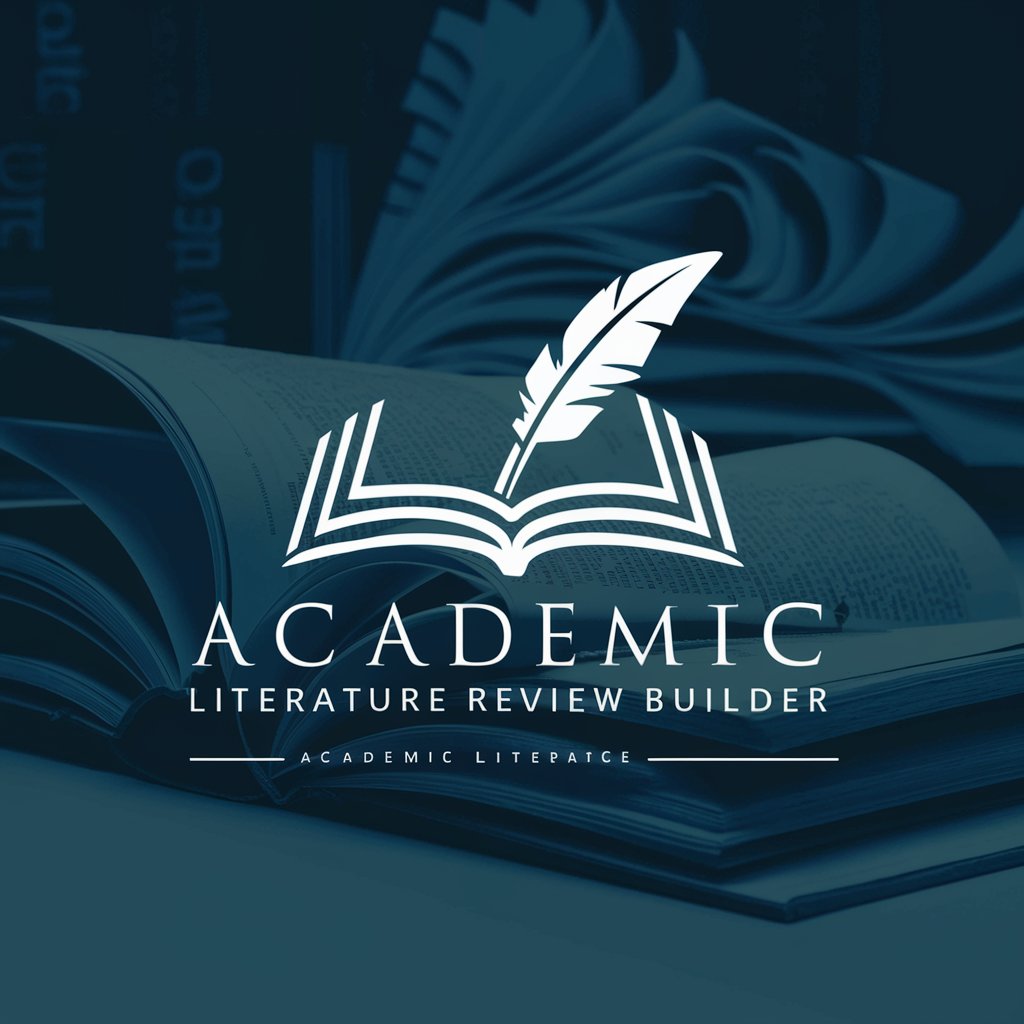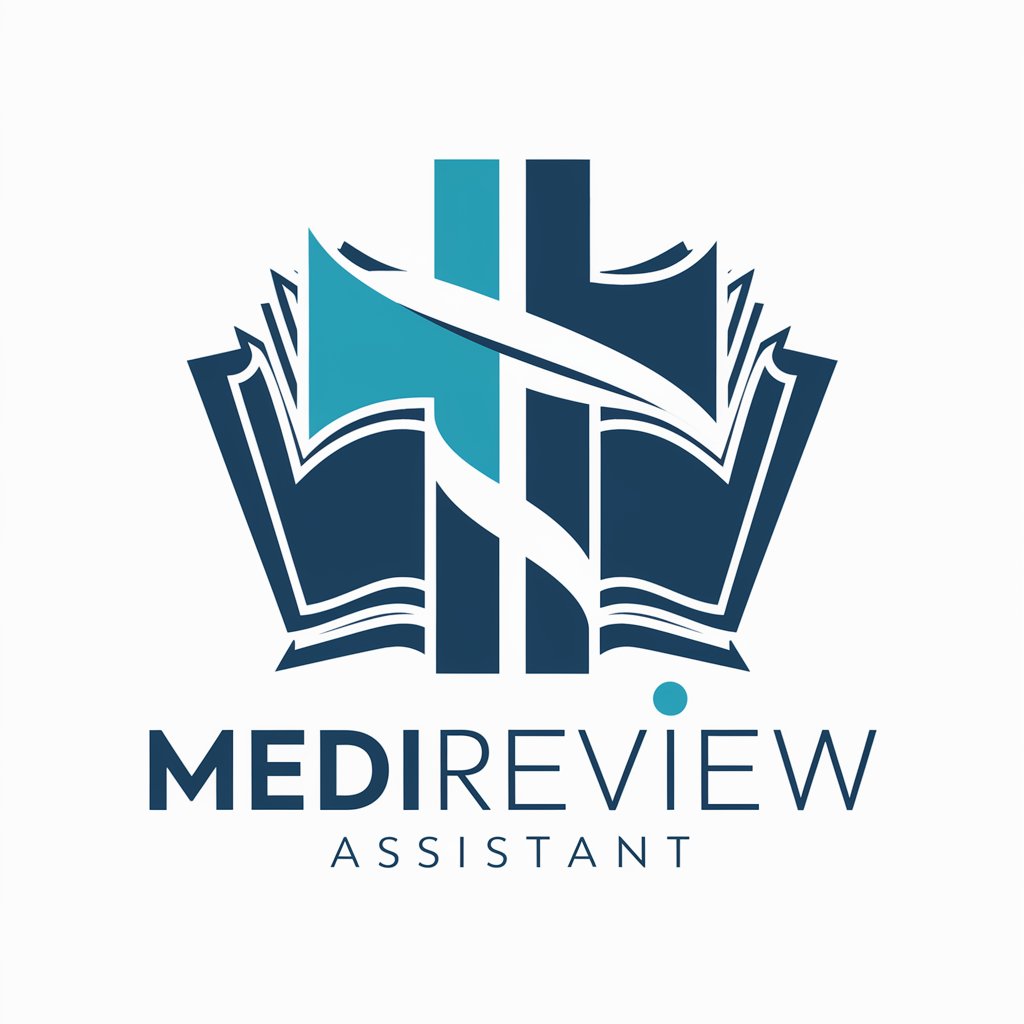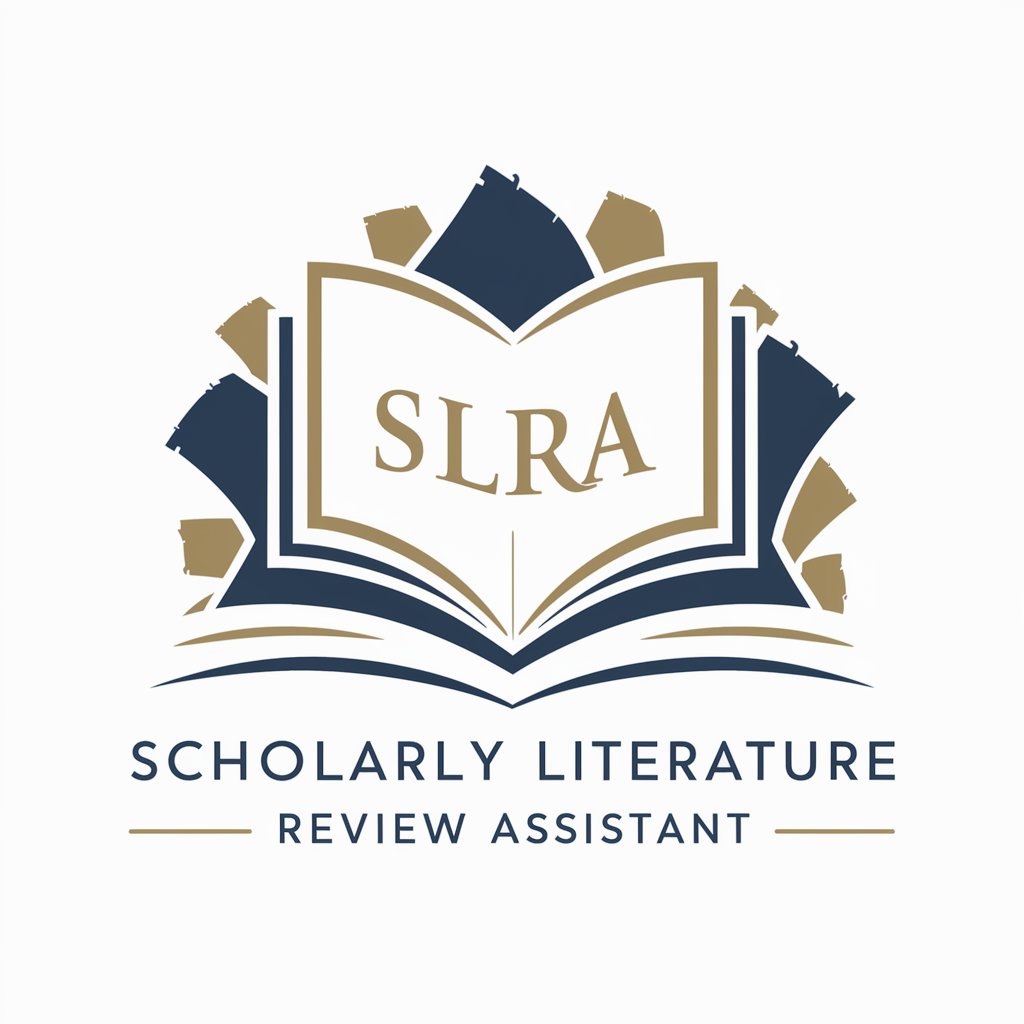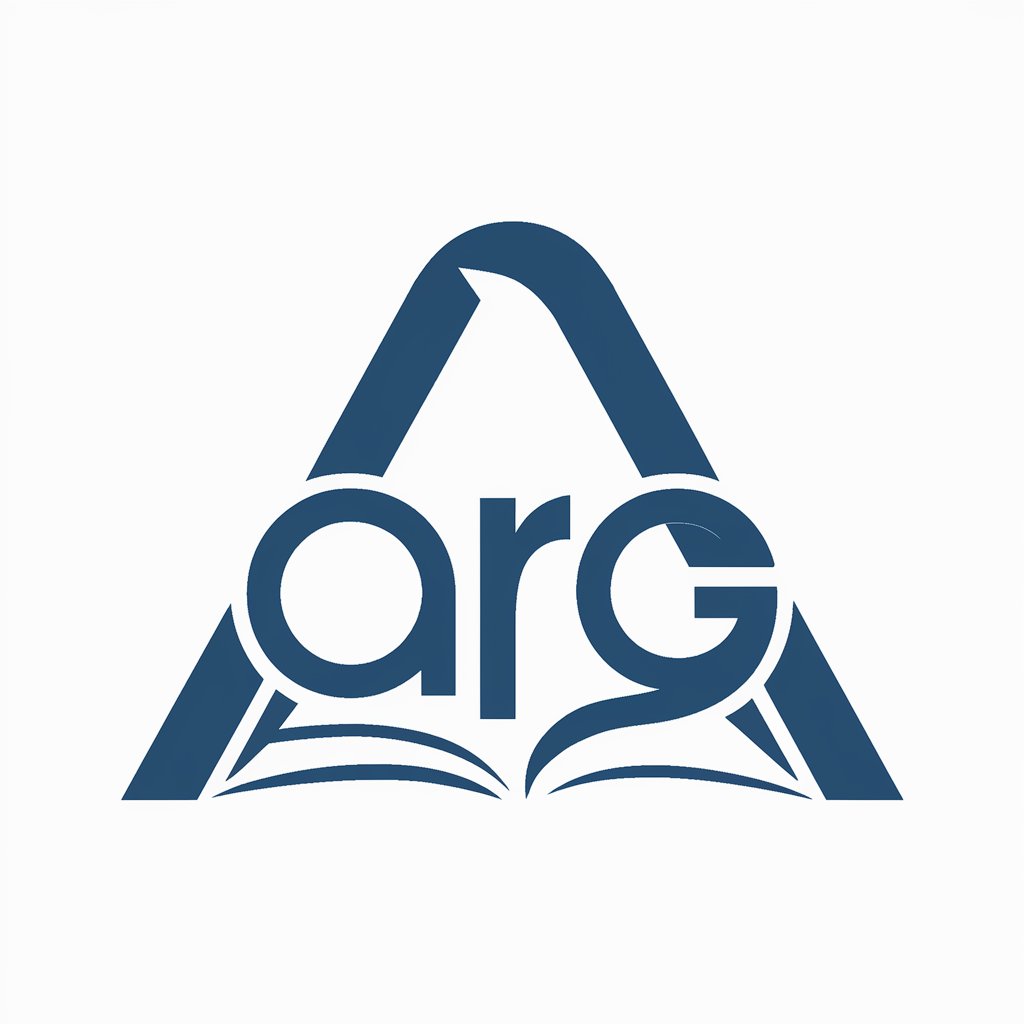
Lit Review Helper - AI Literature Review Assistant
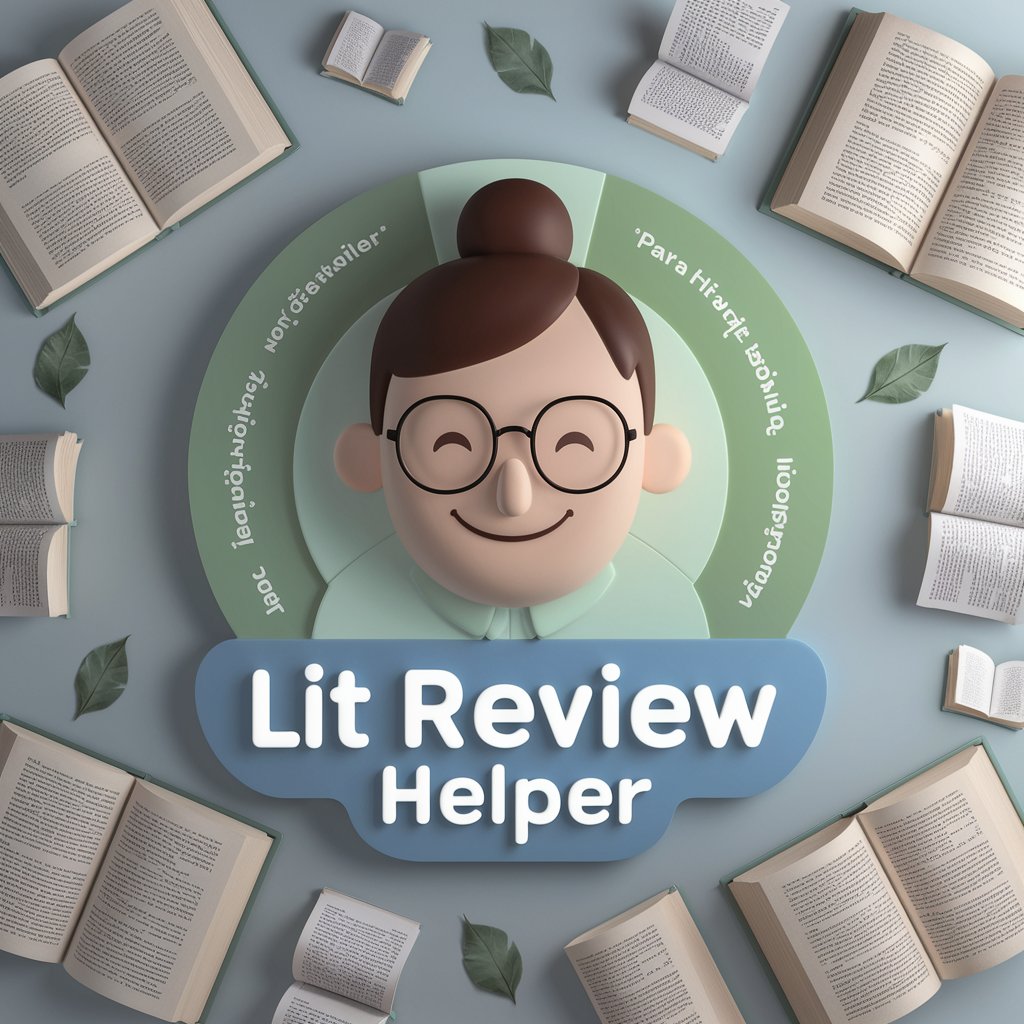
Welcome! How can I assist you with your research today?
Streamlining Research with AI
Can you provide key quotes on...
Please summarize the main points from...
What are the significant findings in...
How does this source address the issue of...
Get Embed Code
Overview of Lit Review Helper
Lit Review Helper is designed to assist users in compiling and organizing information from a variety of sources such as academic articles, books, websites, blogs, and multimedia content for the purpose of creating literature reviews. The tool is engineered to extract and organize information based on user-provided materials and specific research questions or project goals. It offers capabilities like extracting exact quotes and paraphrasing bullet points from sources, ensuring these are presented with accuracy and reference to the original content. For example, a user working on a literature review about climate change impacts could input several scientific articles, and Lit Review Helper would help in identifying key findings, summarizing them in bullet points, and directly quoting crucial statistics or conclusions for inclusion in their review. Powered by ChatGPT-4o。

Core Functions of Lit Review Helper
Extraction of Key Information
Example
Pulling specific data points, quotes, and summarizations from academic papers
Scenario
In a scenario where a user is researching the effectiveness of different educational technologies, Lit Review Helper can extract comparisons, outcomes, and researcher insights directly from multiple studies, helping to compile a comprehensive overview.
Organization and Formatting
Example
Structuring information into a usable format for reviews
Scenario
For a user preparing a review on market trends in the tech industry, Lit Review Helper can organize data by year, company, and technology type, structuring information in a logical sequence that supports their narrative or argument.
Paraphrasing for Clarity
Example
Rewriting complex passages into simpler, concise bullet points
Scenario
If a user needs to synthesize dense legal documents for a review on copyright law changes, Lit Review Helper can paraphrase key sections into clear, understandable bullet points suitable for academic or professional presentation.
Target Users of Lit Review Helper
Academic Researchers
Students, scholars, and professors who need to compile comprehensive reviews of literature for dissertations, theses, or journal articles. They benefit from the ability to quickly synthesize vast amounts of information into digestible parts.
Professional Analysts
Market analysts, legal advisors, and consultants who require structured analyses of existing literature to form reports or advisories. Lit Review Helper aids them in extracting pertinent information and presenting it effectively.
Content Creators
Writers and journalists who need to back their content with in-depth research. Using Lit Review Helper, they can ensure their articles or books are well-supported by accurately cited sources.

How to Use Lit Review Helper
Initial Setup
Visit yeschat.ai to access a free trial of Lit Review Helper, no login or ChatGPT Plus required.
Prepare Materials
Gather all the materials (e.g., articles, books, notes) you need to compile for your literature review.
Define Objectives
Clearly define your research questions or topics to focus the tool on the most relevant content extraction.
Interact with the Tool
Input the text or upload documents and ask specific questions or request paraphrasing to get customized assistance.
Review and Refine
Evaluate the extracted information, and refine your queries to enhance the relevance and accuracy of your literature review.
Try other advanced and practical GPTs
Fantasy Hoops Screener
Maximize your fantasy league success.

Oyster Expert
Discover Your Perfect Oyster, AI-Powered

CopyCraft
Empower Your Words with AI
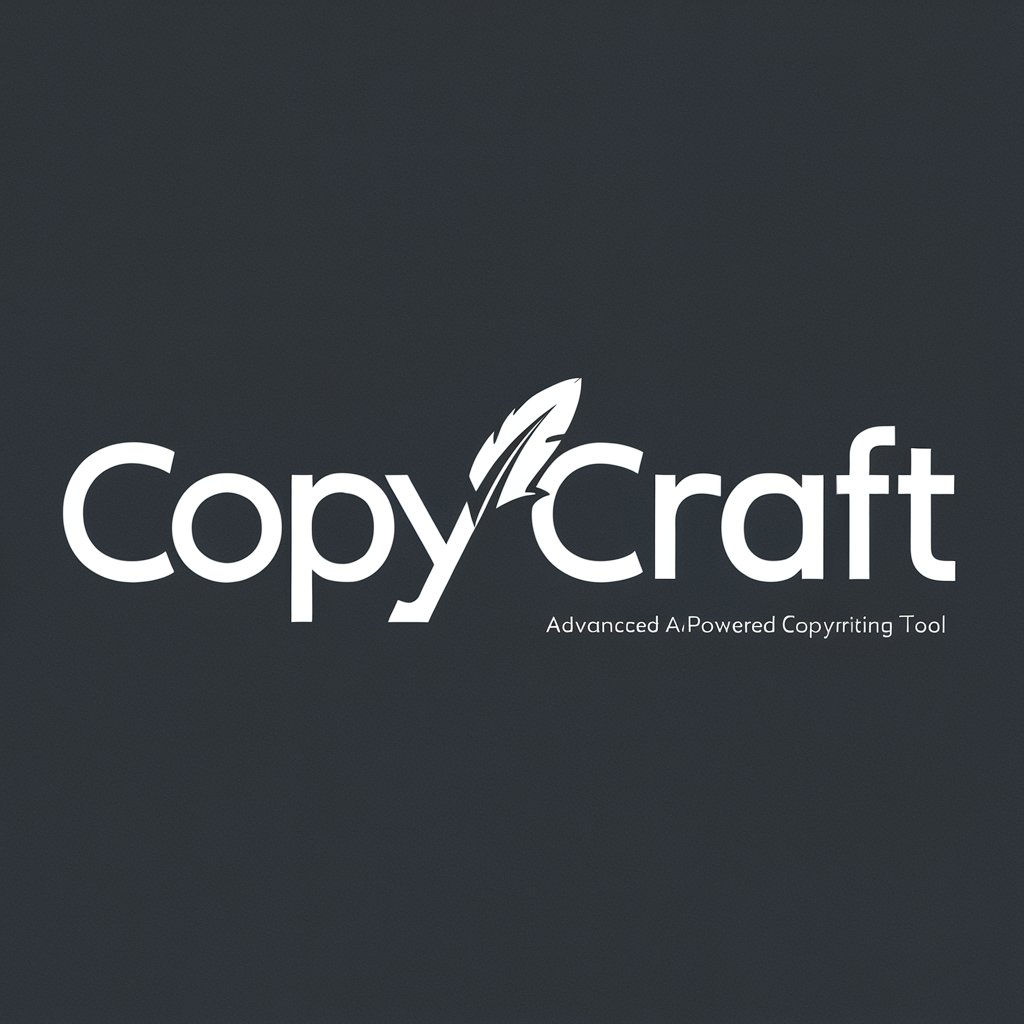
Puzzle of the Day
Challenge Your Mind Daily

Science Simplifier
Clarifying Science with AI Power

FashionFuture
Your AI-powered Style Companion

RStudio Guide
Streamline Your R Coding with AI
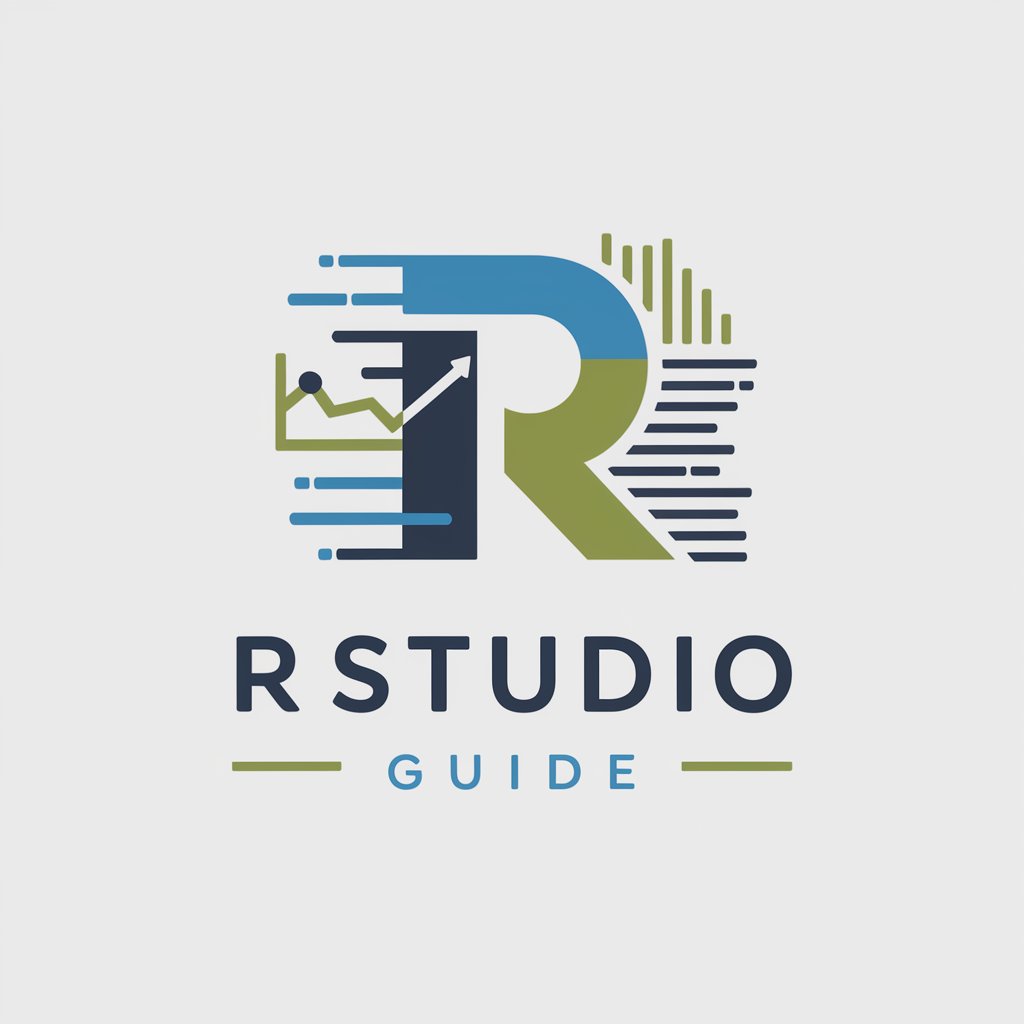
Abogado Español
Empowering Legal Understanding with AI

Culinary Companion
Cooking Simplified with AI-Enhanced Chef

Dakar Regulations SSV 2024 by Torlaschi
Navigate Dakar SSV Regulations with AI

IEP Writer - North Dakota
Empowering Educators with AI-Driven IEP Assistance

Code Helper
Streamline Your Coding with AI
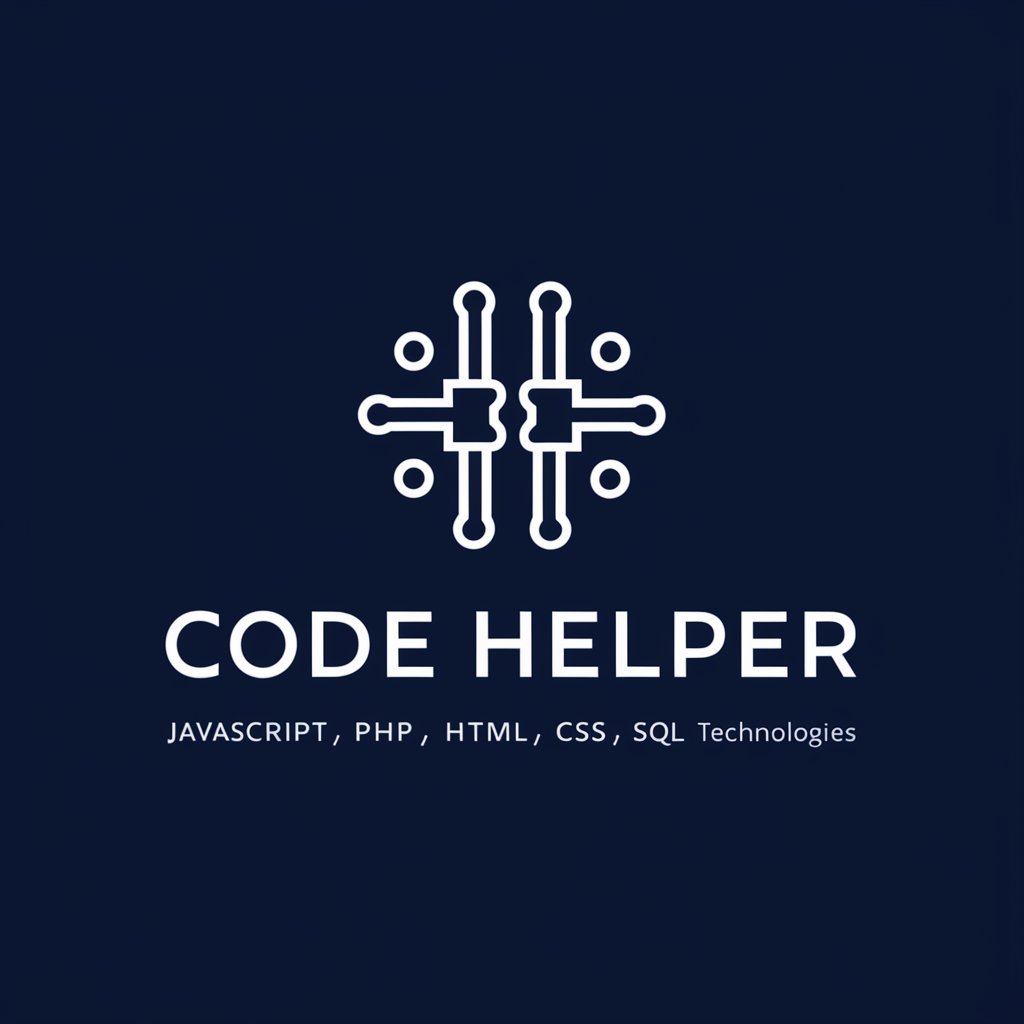
FAQs About Lit Review Helper
What types of materials can Lit Review Helper process?
Lit Review Helper can process a wide range of materials including academic articles, books, websites, blogs, and multimedia content, focusing on extracting and organizing information relevant to your specific queries.
Can Lit Review Helper assist with citation formatting?
While the tool primarily focuses on content extraction, it does help in accurately naming the sources and can provide guidance on citation practices as per your requirements.
Is Lit Review Helper suitable for collaborative projects?
Yes, Lit Review Helper is an excellent tool for collaborative projects, allowing multiple users to contribute and refine the literature review process by providing structured, organized information extraction.
How does Lit Review Helper handle different languages?
Lit Review Helper primarily operates in English. For content in other languages, users should provide translations or use the tool in conjunction with language translation services.
Can I use Lit Review Helper for non-academic purposes?
Absolutely, Lit Review Helper is versatile enough to assist in various non-academic contexts such as business reporting, content creation, and general research, where comprehensive information gathering and organization are needed.
